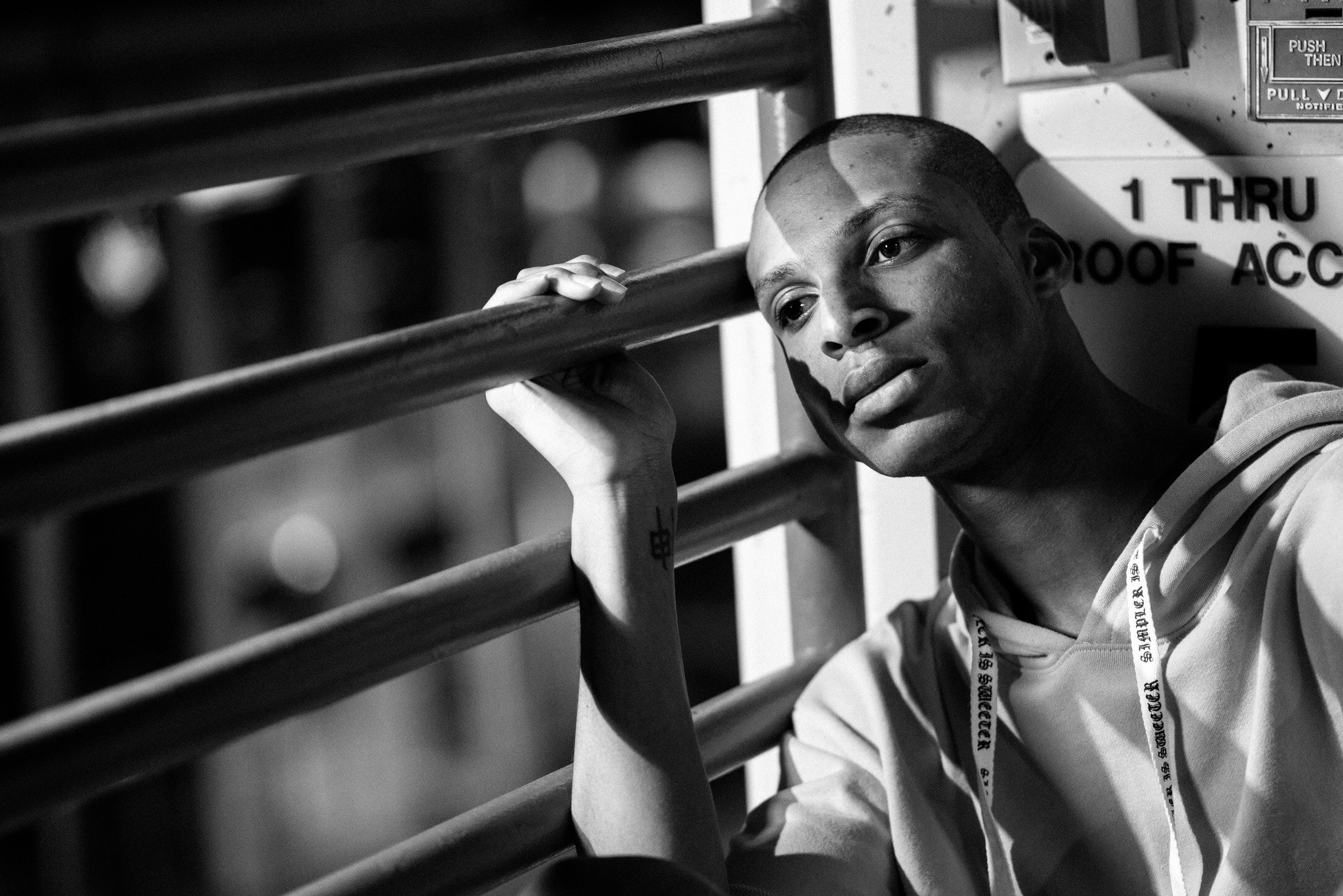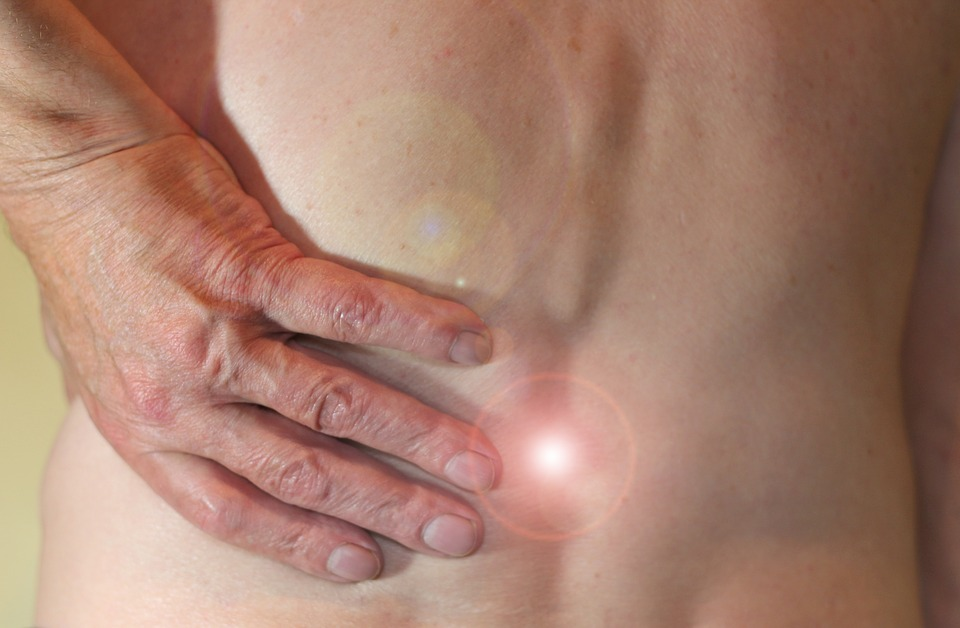 Habit, as defined by the website, Psychology Today, is a process by which a certain behavior becomes automatic. They can be intentional or unintentional, but the repetition of that certain behavior over time tunes your mind into turning it into a habit. This is why consumption of alcohol or drinking is extremely loathed. An alcoholic makes drinking a habit by consuming it round the clock. Once this habit develops, turning back becomes very difficult unless you get proper treatment. This is why alcoholism is not just considered immorality but also an illness.
Habit, as defined by the website, Psychology Today, is a process by which a certain behavior becomes automatic. They can be intentional or unintentional, but the repetition of that certain behavior over time tunes your mind into turning it into a habit. This is why consumption of alcohol or drinking is extremely loathed. An alcoholic makes drinking a habit by consuming it round the clock. Once this habit develops, turning back becomes very difficult unless you get proper treatment. This is why alcoholism is not just considered immorality but also an illness.
Nobody becomes an alcoholic overnight. What starts off as casual experimentation with alcohol can progress to high dependency on it. It is because alcohol interacts with your mind and body and imitates certain chemicals that the brain produces. These chemicals can either relax your mind and body or make you extremely active and elated. Frequent drinking prevents the mind from producing these chemicals naturally, and thus people resort to drinking, which helps them relax and feel better. This is how dependency increases, and the journey to alcoholism begins.
Morton Jellinek was a famous scientist who devoted his time to researching and studying how progressive alcoholism is. In 1952, his paper ‘Phases of Alcohol Addiction’ explained how every alcoholic’s progression is trajectory. He listed four stages based on alcoholics’ behavior and amounts of consumption. This groundbreaking study helped doctors and psychologists understand the disease better and devolve ways to fight alcoholism. In addition, many rehabilitation centers and facilities were made to help alcoholics achieve sobriety, like the Palm Beach Institute that has been committed to helping alcoholics towards a long-term, addiction-free life.
Although Jellinek’s work is quite clear to understand, it is very difficult to map an alcoholic’s progression and pinpoint them at any stage. The problem mainly lies with the person’s denial. As mentioned above, this disease progresses slowly, and since most of the time, the alcoholic is not in their right mind, they do not seem to think their drinking is a problem. In this article, we’d list clear signs of every stage of alcoholism in hopes that if any reader can relate to them, they’d rush to seek professional help and not spiral down this horrific path.
Pre-Alcoholic Stage
Do you feel like alcohol helps you unwind after a tiring week? Or do you deal with your social anxiety better when you drink? Do you resort to drinking when your life gets too overwhelming?
It is very hard to identify at this stage that your drinking is a problem. People take their drinking as a social, casual thing – it’s not frequent, it’s not excessive. But the problem at this stage isn’t the amount or the frequency, but your dependency. So you lose your ability to deal with tough situations without drinking. If you strongly rely on alcohol to relax you or help you cope with uncomfortable emotions, then you are definitely at this stage.
Although this stage is rarely considered a problem, people tend to stumble to the next stage as their dependency grows over time. But, seeking help at this stage can make quitting very simple and easy.
Early-Stage Alcoholism
How often do you go out with friends and have no recollection of the events that follow? Do you find yourself blacked out after excessive drinking?
Early-stage alcoholism is characterized by binge drinking. It is the consumption of around four drinks for women and five for men in a matter of two hours. Again, it is not how frequently you have your binging sessions; the concerning thing about this stage is how heavily you drink in a single sitting. The scientific explanation behind this consumption is that you seek the intoxicants to do their job quickly. The prompt onset of drunkenness is what you wish to enjoy.
You definitely do regret it after every binge. You promise yourself you wouldn’t drink this much again. Yet, you fail. It is best, at this stage, to seek professional help so that you can control your binges and work towards a healthier life.
Middle Alcoholic Phase
What’s on your mind right now? Is it alcohol? Are you constantly thinking of it, craving it? You’re not performing well at work, and your personal life is deteriorating?
In the middle alcoholic stage, your entire focus shifts on your drink. Everything else in your life, for example, your work/education, personal life, etc. takes the back seat. As you are constantly either hungover or craving more alcohol, you are always irritable and agitated. Your mood swings begin to harm the people around you. You start slacking at your work or school, your relationships with friends and family begin to suffer. You are usually drunk at work, mishandling your family. You don’t care if you are driving under the influence.
You usually find yourself justifying your drinking and behavior by coming up with excuses. But the truth is, these are all the red flags that need to be looked at straight away.
End-Stage Alcoholism
Has alcohol become an all-day affair? Do you prioritize your drink over everything?
The last stage of alcoholism is the most devastating. Your addiction has socially isolated you, your finances are troublesome, and your irritability is off the charts. The depression of being all alone and the worry your life situation brings adds more to the problem. You wish to drink all day long to avoid feeling the sadness and the pain. You do not wish to see the reality at all. Your life is in shambles, and now, so is your body. High intake of alcohol results in severe health problems like hepatitis, liver damage and cancer.
If you can relate to all the above signs, you need treatment ASAP. A rehabilitation facility can help you detox fully and encourage you to stand up on your feet again.
Conclusion
To be able to recognize the signs of alcoholism in yourself or someone you know is the first step to recovery. Alcoholism progresses gradually, so it does not matter if you think your drinking habit is completely under control; there is a very good chance you can end up at the last stage. With the proper help and treatment, you can change your life around. Be a better human being for yourself, your loved ones, and society.








